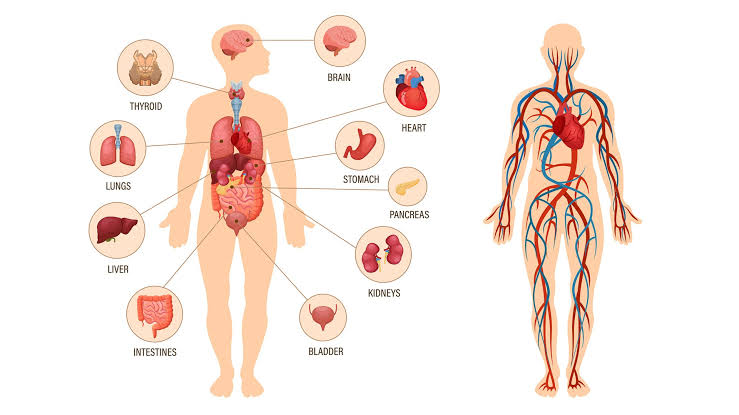1 Likes9
How to Prepare Physiology for AIAPGET I HMO EXAM'S
Physiology is an important section of AYUSH MD entrance exam.
- you can excel in this section only if you focus on how you read rather than what you read.
- Physiology is indeed, highly linked to medicine
Topic-Wise Weight Age for AIAPGET exams
- General Physiology
- In Physiology section important section is General Physiology. Since individual system physiology is also covered in medicine but General Physiology is not.
- Aspirants must emphasise on topics like cellular basics like Diffusion and transport mechanisms etc under General Physiology
- Nerve- Muscle Physiology
- Most important topic in Physiology is Nerve Muscle Physiology.
- At least one question is asked from topics like the generation of Action Potential and Types of fibres under Nerve Muscle Physiology
- Do not confuse Nerve muscle physiology with entire neuro physiology. You do not need to study the entire neuro physiology.
- Generation of action potentials, gamma fibres, alpha fibres, muscle spindle physiology are all very important topics.
- Under Muscle spindle physiology you must not miss out on basic anatomical constituents and innervation.
- Knee jerk, withdrawal reflex, reciprocal inhibition, size principal, plasticity of muscle fibres are all very important.
For Reason Assertion MCQ make your concepts strong
- Topics like α-γ co- activation fibres, working of static fibres and dynamic fibres, Rheobase, Chronnaxiae and mechanism by which heat generation takes place, etc must be thoroughly prepared.
- Exercise Physiology
- Experts highlighted that Exercise Physiology also carries high weight age . This is a topic that most people tend to miss.
- Other important topics in Neuro Physiology are Memory, Learning and Speech
- Under Sleep Study, questions have been asked from EEG since the last 4 years consecutively
- Aspirants need to know how to compare EOG, EMG and EEG for normal awake state, deep sleep and REM sleep.
- CVS
- Conduction Physiology, Cardiac Cycle
- RESPIRATORY SYSTEM
- Hypoxia, Spirometry, Oxygen Dissociation Curve, Altitude Physiology
- RENAL
- Nephron Physiology
- ENDOCRINE
- Hormones , Reproductive Physiology



.jpeg)
